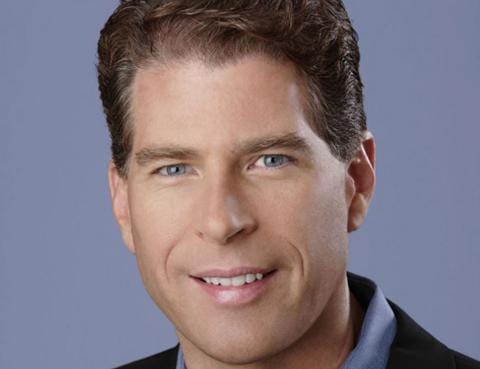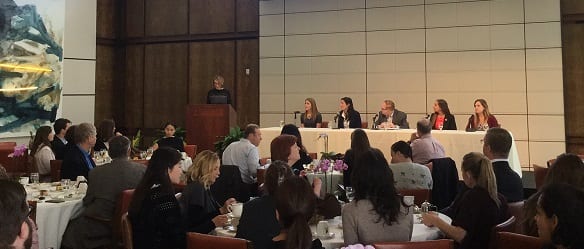by Larissa Chern ’17
This week, CMC students had the chance to participate in a dynamic, fun, and enlightening talk led by Dr. Paul Zak at the Athenaeum. Dr. Zak, who administers the first doctoral program in neuroeconomics as well as the Center for Neuroeconomics Studies at Claremont Graduate University, was credited with the first published use of the term “neuroeconomics.” His lab is responsible for advancing the academic research on oxytocin, the brain chemical that facilitates trust between individuals.
According to Dr. Zak’s findings, the secret to a high-performance organization lies in a high-trust environment. The list below numbers the various ways in which leaders can increase their peers’ oxytocin levels, thereby enhancing their organizations’ performance:
- Ovation: Recognize people who do outstanding work. If your colleague worked hard last week to hand in that important report and it turned out to be of great quality, make sure to recognize him in front of everyone. If that ovation is unexpected and public, its effect is even stronger.
- Expectations: Design hard, but achievable challenges within your organization. Challenge stress stimulates oxytocin, increasing empathy and strengthening bonds between colleagues.
- Yield: Give control of projects to others. When we don’t micromanage, we induce innovation and allow colleagues to make mistakes and learn from them.
- Transfer: Let people choose what projects to work on. If you let you colleagues bid for the work, they are more likely to devote themselves to it completely. It’s also important to let people work where they like (be it at a café or at their house) and whenever they like (it’s okay if they do their work at 3AM, as long as they do it, and do it well). Offering colleagues a sense of autonomy increases their energy and health.
- Openness: Communication, communication, communication. Allow everyone to be on the same page. Announce important information pertaining to the company. After all, all members of the organization have just as much importance.
- Caring: Humans are social creatures who build relationships all the time. Foster a friendly and caring environment, allowing for meaningful social interactions.
- Invest: Invest in your colleagues’ personal fulfillment. If there is anything about the job they do not seem to be satisfied with, make sure to address their concerns. By helping others achieve work-life balance, you help them foster a sense of growth rather than shackling them to the job.
- Natural: Be a vulnerable and authentic leader. Leaders who are seen as confident, but who also make mistakes, are seen as more trustworthy.
Research shows that employees working in high-trust environments report less stress, more innovation, fewer sick days, and more satisfaction with their lives outside of work. It’s no coincidence that the “best companies to work for” have higher stock return and employee retention.





